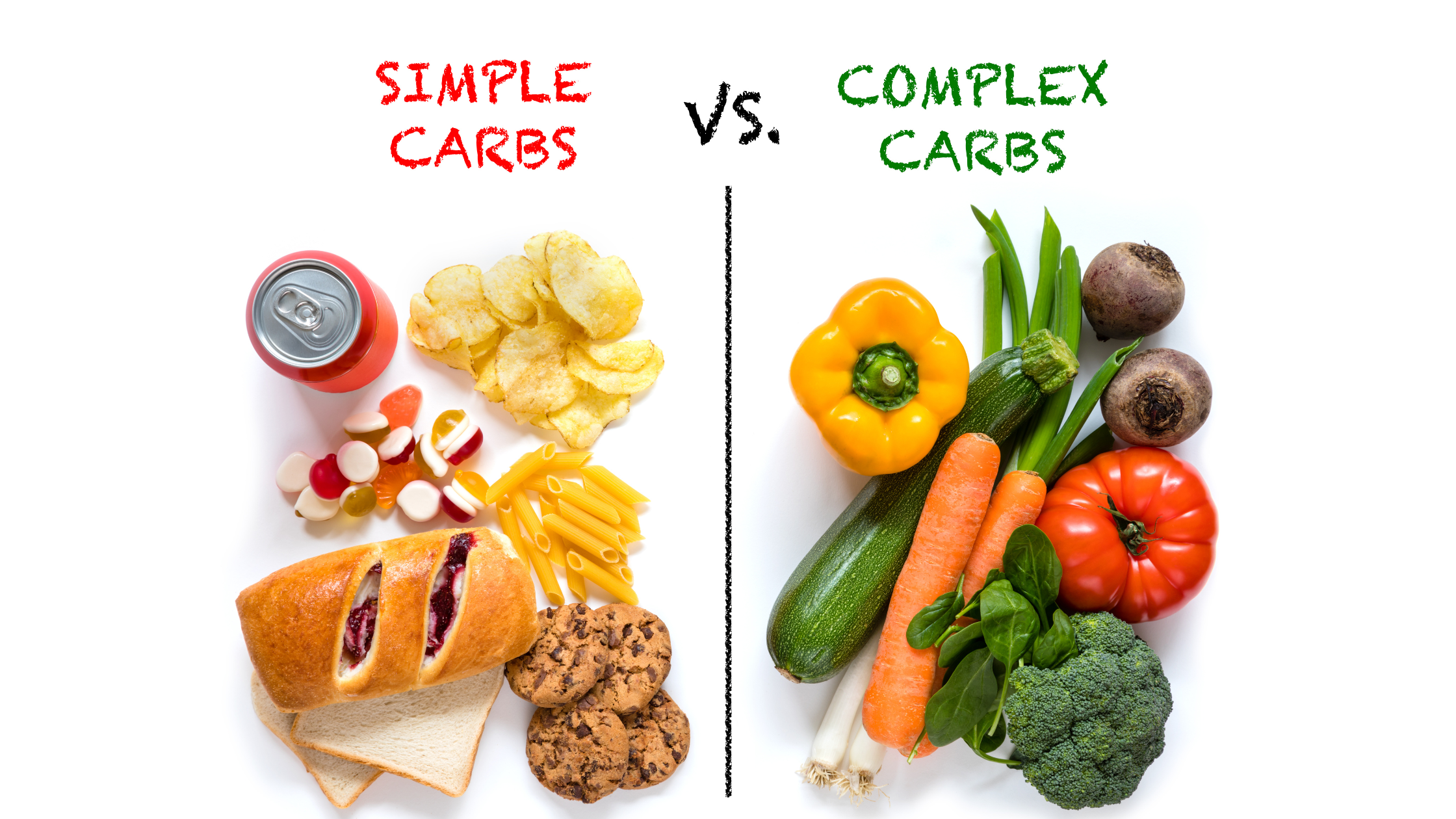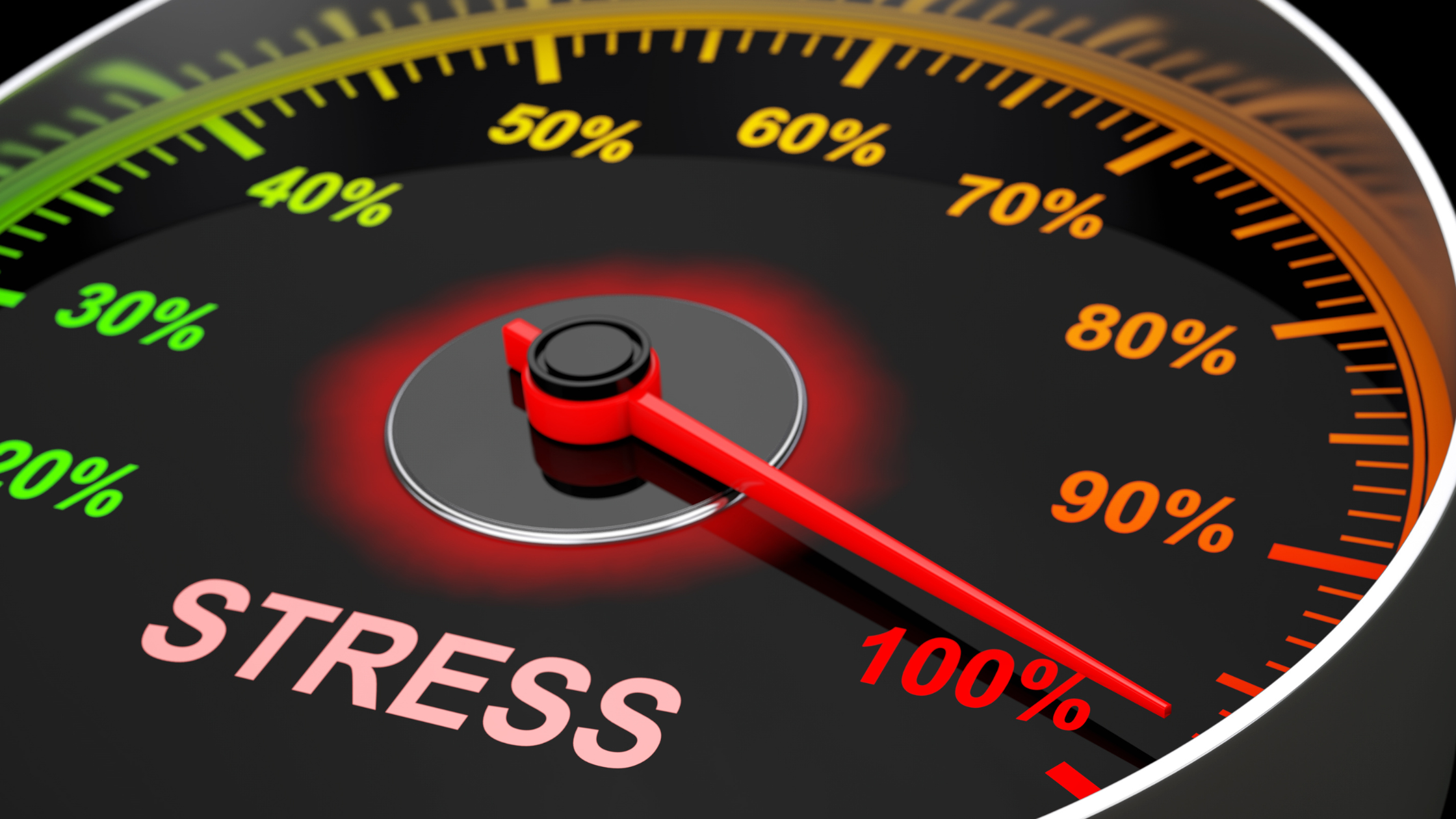Why You Should Watch Your Diet During Menopause
Written by TYE Medical on Mar 17th 2025
Your diet may hold the key to balancing your hormones during menopause. Your food choices during these years can help maintain good health and manage symptoms of menopause both directly and indirectly.
Hormones become a focal point for women in mid-life as they move women into the transitory phase of menopause. These chemical messengers influence numerous processes of your body, which means they’re necessary to keep your systems functioning properly. This is why you may feel physically unwell or mentally “off” during this time of life. But you can find ways to bring your hormone levels into balance, helping your body to maintain wellbeing and proper function. Your diet can play a key role in achieving this goal.
Diet Affects Estrogen Levels

Since foods don’t contain estrogen, your diet has more of an indirect influence on your hormones, affecting fluctuations in your hormones. You’ll notice these fluctuations most during the earliest stage of menopause, known as perimenopause. Dips and spikes in estrogen are frequent during perimenopause but tend to even out as they move closer to the final phase of menopause and the cessation of your cycle.
When estrogen levels drop, you may experience night sweats, hot flashes, and changes in mood. However, eating foods containing phytoestrogens (estrogen-like compounds) may help regulate menopause symptoms. They mimic estrogen in the body.
Found in plant foods, phytoestrogens are consumed when you eat seeds and soybeans. But the effects on estrogen are mild, and they may only slightly raise estrogen levels, specifically when you consume isoflavones.
The research on phytoestrogens and their impact on estrogen is mixed and more studies are required.
More research is necessary to determine whether certain foods or nutrients may help raise estrogen levels during menopause.
Foods that May Lower Estrogen
If your menopause symptoms are due to lower estrogen levels, then eating a diet rich in fiber may help to bring your body into balance. High fiber foods include fruits, vegetables, and whole grains like oats, quinoa, and brown rice. Eating more of these may reduce estrogen levels, but this doesn’t mean you should avoid these foods if your estrogen is too low. They have too many other health benefits to eliminate them from your diet. The better option is to seek other ways to raise your estrogen levels.
Diet and Estrogen Takeaways
It’s generally good for your health to eat foods rich in phytoestrogens, especially isoflavones. You can positively impact blood cholesterol levels and reduce your heart disease risk when you include more soy and flaxseed in your diet. You might also experience other benefits like improved menopause symptoms
A higher fiber diet also improves blood sugar levels and digestion and can have the added benefit of regulating hormones during menopause.
Diet Affects Insulin

It’s not only female hormones that affect menopause. Insulin and glucagon also play a notable role in hormone regulation during this period of life. Diet has a more direct impact on insulin hormone. In other words, what you eat more directly impacts insulin than estrogen.
However, it’s also true that hormone changes during menopause affect your glucose levels. These hormone fluctuations make women more insulin resistant, which means that your body is not as able to process sugars efficiently and sugar in the bloodstream is not used effectively. This leads to high levels of blood sugar that over time leads to diabetes that if left unchecked, will damage organs and body parts.
Menopause and Insulin
If you eat too much sugar or two many simple carbohydrates that quickly break down into sugar during digestion, you will experience spikes in blood sugar as your system is overwhelmed and not able to process the incoming sugars quickly enough.
Since hormonal changes in women during menopause already make them less equipped to properly process carbohydrates and sugars, it’s best to make some adjustments.
Diet and Insulin Takeaways
During menopause choose foods that release sugar into your bloodstream more slowly. Good helpful choices include:
- Vegetables
- Beans
- Lentils
- Oats
- Bran
- Whole grain breads
Avoid or limit simple or refined carbohydrates which will spike your blood sugar. These consist of anything made with white flour or sugars (white or brown).
Diet Affects Cortisol Levels

Cortisol, known as the major stress hormone and is secreted by your adrenal glands. Due to hormonal changes during menopause, your body is already susceptible to weight gain, anxiety, and hot flashes, symptoms which high cortisol levels can worsen. During this time, it’s best to avoid alcohol and caffeine, which can boost cortisol levels and make menopause symptoms worse.
While cortisol is an essential hormone responsible for the flight-or-fight response, when it remains chronically high, it causes a number of health concerns, such as:
- High blood pressure
- Cognitive decline
- Bone loss
- Sleep disruptions
- Heart disease
- Increased body fat
Diet and Cortisol Takeaways
Avoid alcohol and caffeine during menopause to help keep your hormones balanced and minimize menopause symptoms. You may find that nixing alcohol and caffeine reduces hot flashes and weight gain.
Diet and Menopause: What to Remember

A healthy diet that includes soy, flaxseed, and plenty of fiber can go a long way toward keeping your hormones balanced during menopause. While adding these foods to your diet can be helpful, it’s also important to avoid simple carbs, alcohol, and caffeine which can knock your hormones out of balance, not only increasing menopause symptoms but also negatively impacting your health.


